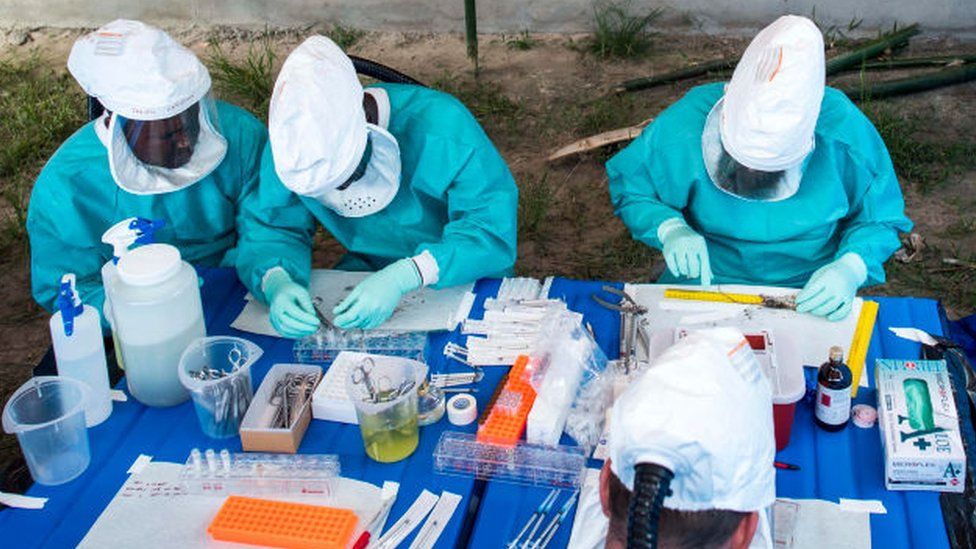WHO raises its level of alert due to the outbreak of Monkeypox.
The categorization, which comes after a global spike in infections, is the highest alert the WHO can issue.
It was announced at the conclusion of the WHO's emergency committee on the virus' second meeting.
According to WHO Director General Dr. Tedros Adhanom Ghebreyesus, more than 16,000 cases have currently been reported from 75 different countries.
He stated that the outbreak has already resulted in five deaths.
Only two such comparable medical crises exist today: the coronavirus epidemic and the ongoing fight to eradicate polio.
According to Dr. Tedros, the emergency committee was unable to agree on whether the epidemic of monkeypox can be considered a global health emergency.
However, he claimed that the virus had quickly spread over the globe and that he had come to the conclusion that it was really of global importance.
According to Dr. Tedros, too little was known about the novel routes of transmission that had facilitated its spread.
He continued, "The WHO has determined that the risk of monkeypox is moderate internationally and in all regions, with the exception of the European region, where we have determined that the risk is high.
Although the potential of interfering with international traffic was now modest, he added that there was still a definite risk of further international spread.
According to Dr. Tedros, the statement will hasten the creation of vaccines and the implementation of strategies to stop the virus's spread.
The WHO is also making suggestions in an effort to encourage nations to take steps to curb the virus's spread and protect people who are most vulnerable.
According to Dr. Tedros, "This outbreak can be controlled with the appropriate methods in the right people."
He claimed that instances were primarily affecting men who had intercourse with other men, particularly those who had several sexual partners, and that nations needed to take action to safeguard their health, human rights, and dignity.
He claimed that discrimination and stigma could be just as harmful as viruses.
In the 1950s, monkeypox was first identified in central Africa.
There have been more than 2,000 confirmed cases in the UK so far.
Health officials have already recommended that a vaccination be given to those who are most at risk of contracting monkeypox, including some gay and bisexual men and some healthcare workers.
A high fever, swollen lymph nodes, and blistery, chickenpox-like lesions are frequently present in the early stages of the disease, especially on the lips or genitalia in recent occurrences. Most infections are minor.


No comments:
Post a Comment